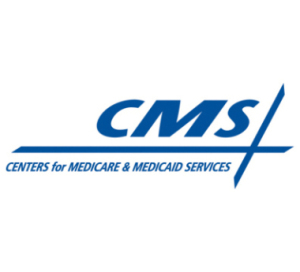CMS selects five sites for imaging demonstration project
by
Brendon Nafziger, DOTmed News Associate Editor | February 04, 2011

The Centers for Medicare and Medicaid Services announced this week it had selected five sites to act as recruiters for its imaging demonstration project, which looks to see if decision support software can reduce overutilization of diagnostic imaging and unnecessary medical radiation exposure.
The five selected sites are what CMS calls "conveners" - they're tasked with recruiting between 500 and 600 physician practices to enroll in the project, monitoring their data and distributing payments for participating in the program.
The sites, which responded to a proposal solicitation in July, are Brigham and Women's Hospital in Boston; Henry Ford Health System in Detroit; Maine Medical Center-Physician Hospital Organization in Portland; University of Wisconsin-Madison, and National Imaging Associates.
"The demonstration provides CMS an opportunity to work closely with individual conveners and physician practices in testing whether the use of decision support systems can improve quality of care," said CMS Chief Dr. Donald Berwick in a statement.
The $10 million, two-year project will seek participation from between 2,500 and 3,000 doctors, according to documents on the CMS website.
The CMS demonstration project focuses on 11 tests in MRI, CT and nuclear medicine known for their high expense and utilization, CMS said. The tests are SPECT MPI, MRI lumbar spine, CT lumbar spine, MRI brain, CT brain, CT sinus, CT thorax, CT abdomen, CT pelvis, MRI knee and MRI shoulder, CMS said.
Some researchers think decision support software can help prevent unneeded imaging tests, often blamed for driving up health care costs and increasing the exposure of the public to ionizing radiation.
The software tells doctors ordering imaging exams if the tests meet appropriateness criteria determined by the American College of Radiology or other societies, in an effort to ensure all tests are really necessary.
In one study, doctors who added evidence-based clinical support software to their practice saw imaging rates fall: imaging use fell 23 percent for lumbar MRI for low-back pain, 23 percent for MRI for headaches and 27 percent for sinus CT, according to an article published last month in the Journal of the American College of Radiology.
